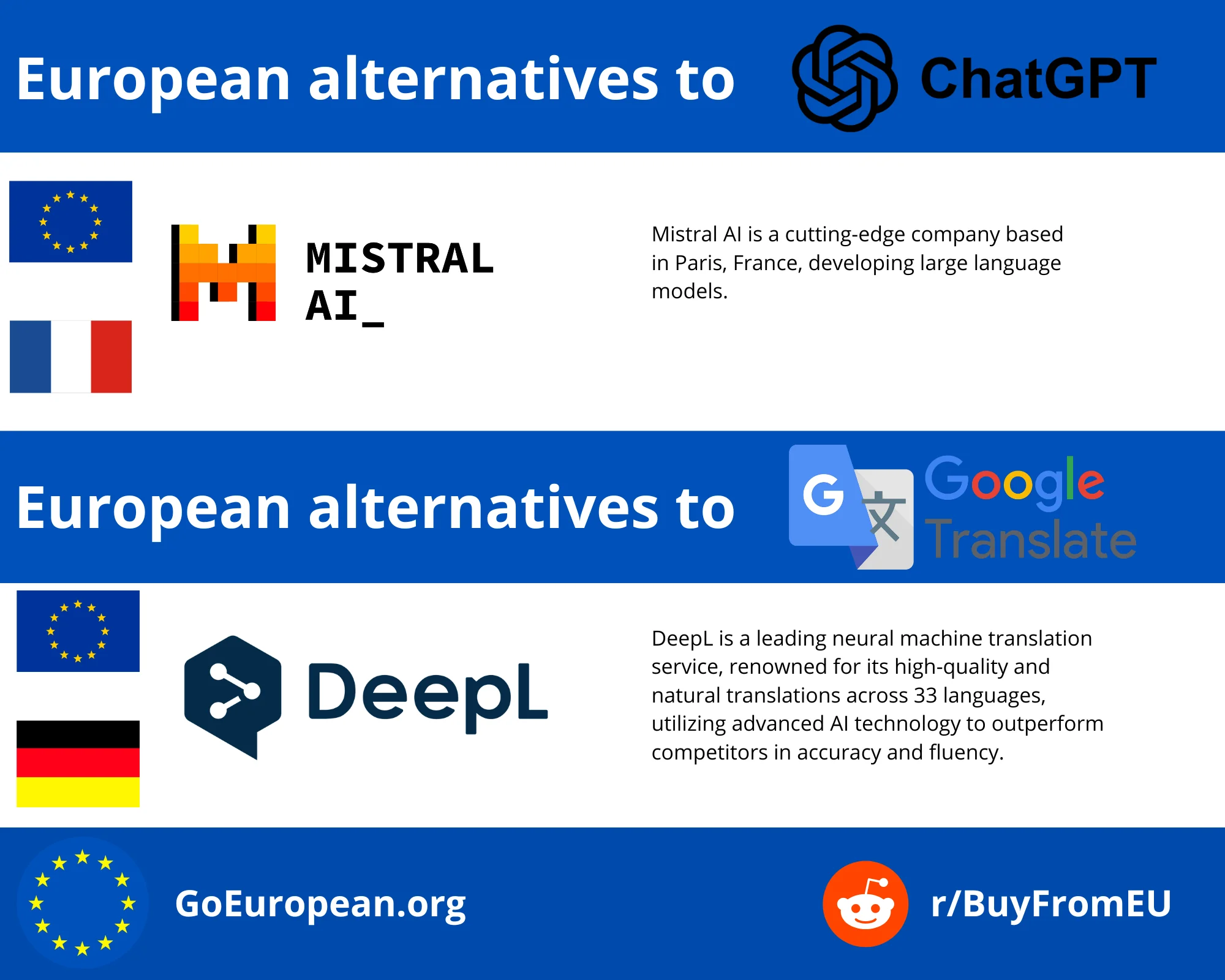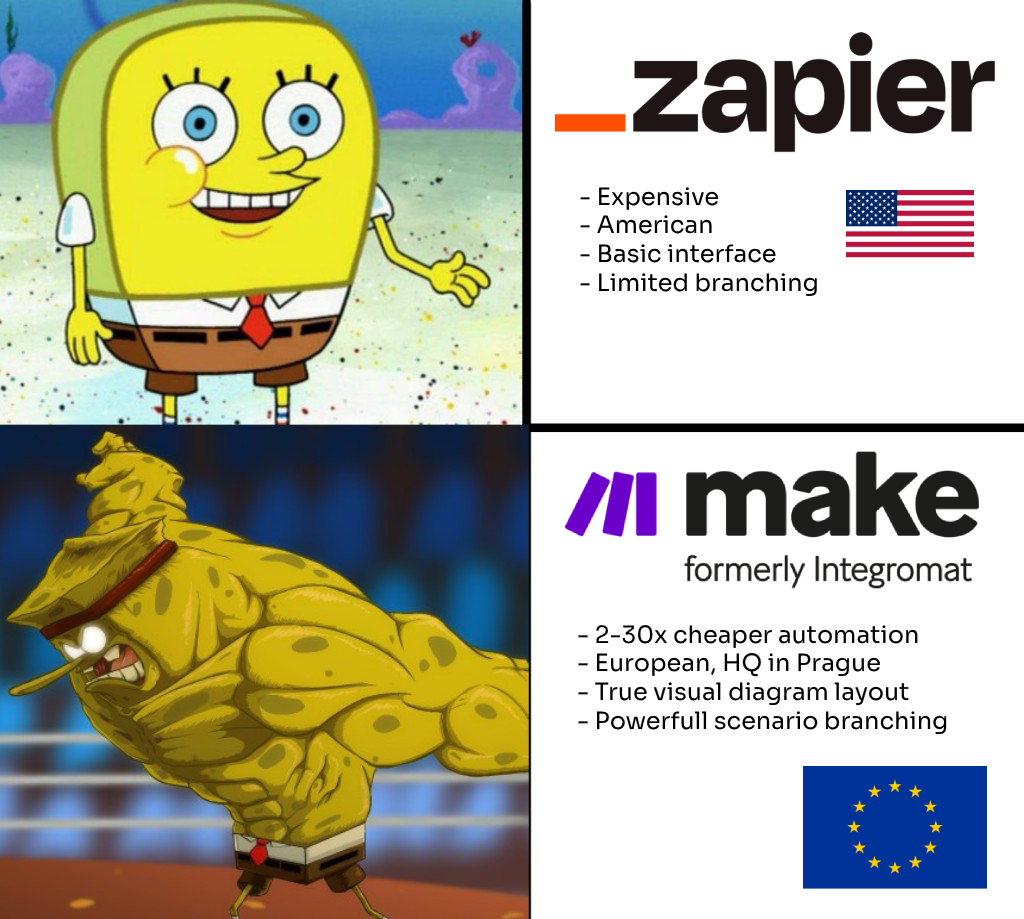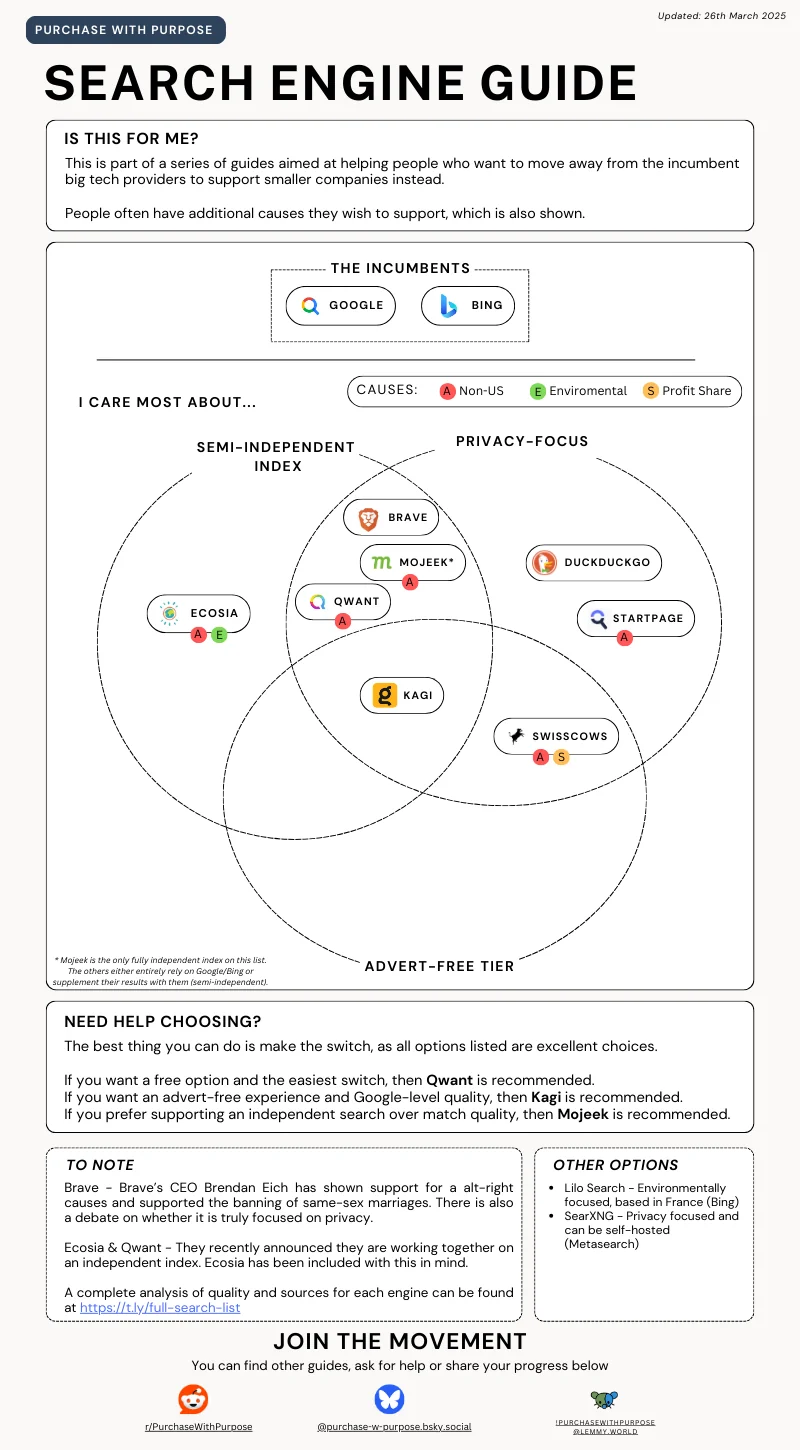TL;DR: A recent Handelsblatt commentary criticizes Google’s move to integrate AI-generated search results, warning it could be a threat to the open internet. The author argues that this change increases Google’s control over how information is presented, potentially reducing diversity and neutrality in search results. It raises concerns about Google’s monopolistic power and the future structure of the internet.
Google is the invisible hand on the internet. No other company controls global data traffic in Europe or the USA as strongly as the technology company from Mountain View. The search engine is so powerful that the dictionary has included the verb "to google". Now the company is taking the next step - and consolidating its power over the internet.
Since Wednesday, Google has been providing AI-generated answers directly in the search results in Germany. Anyone searching for an explanation of heat pumps, a recipe for pancakes or a description of ETFs will receive an automatically generated summary - prominently placed above the classic links. Why click on a website when Google provides the answer itself?
For the company, this is just the beginning. Google's parent company Alphabet is working on a future in which AI agents control our digital lives. The new summaries are just a test run - and a foretaste of how CEO Sundar Pichai envisions the internet.
A quarter of a century ago, Google set out to organize the world's knowledge and make it accessible. The algorithm became a beacon in the sea of data, Google the undisputed gatekeeper of the internet. The web is based on a simple principle: content versus reach. Specialist portals, bloggers and the media put their knowledge online because Google brings them readers.
But with the new AI syntheses, this model is breaking down. Google uses third-party content, but users remain trapped in its ecosystem. Google lives from external content.
YouTube shows how it's done: the video platform grew so rapidly partly because Google started giving creators a share of the advertising revenue early on. But in the new world of AI search engines, this deal is no longer possible. Google no longer wants to share - Google wants to own.
This is reminiscent of Facebook's fatal strategy. Mark Zuckerberg has cut the distribution of journalistic content on Facebook in many countries, described traditional media as "unreliable" and labeled fact-checkers as biased. Yet Facebook had benefited from high-quality news for years.
Sundar Pichai is more cooperative. He cultivates the partner's image and publicly emphasizes the importance of media, influencers and experts. But in the end, his AI strategy leads to the same result: Google is building a digital knowledge monopoly. And there is hardly any escape.
Nine out of ten search queries in Germany are made via Google. The alternatives? Microsoft's Bing, OpenAI's chatbots or Perplexity - they all follow the same principle: answers instead of links, compartmentalization instead of openness.
Artificial intelligence can revolutionize search - but not at any price. The start-up Perplexity shows a viable way forward: it gives the websites from which it sources content a share of the revenue.
Google could also follow this path. However, if the current strategy remains in place, the Internet as we know it is in danger of imploding. Because if nobody clicks anymore, who will create content?




Thank you for sharing